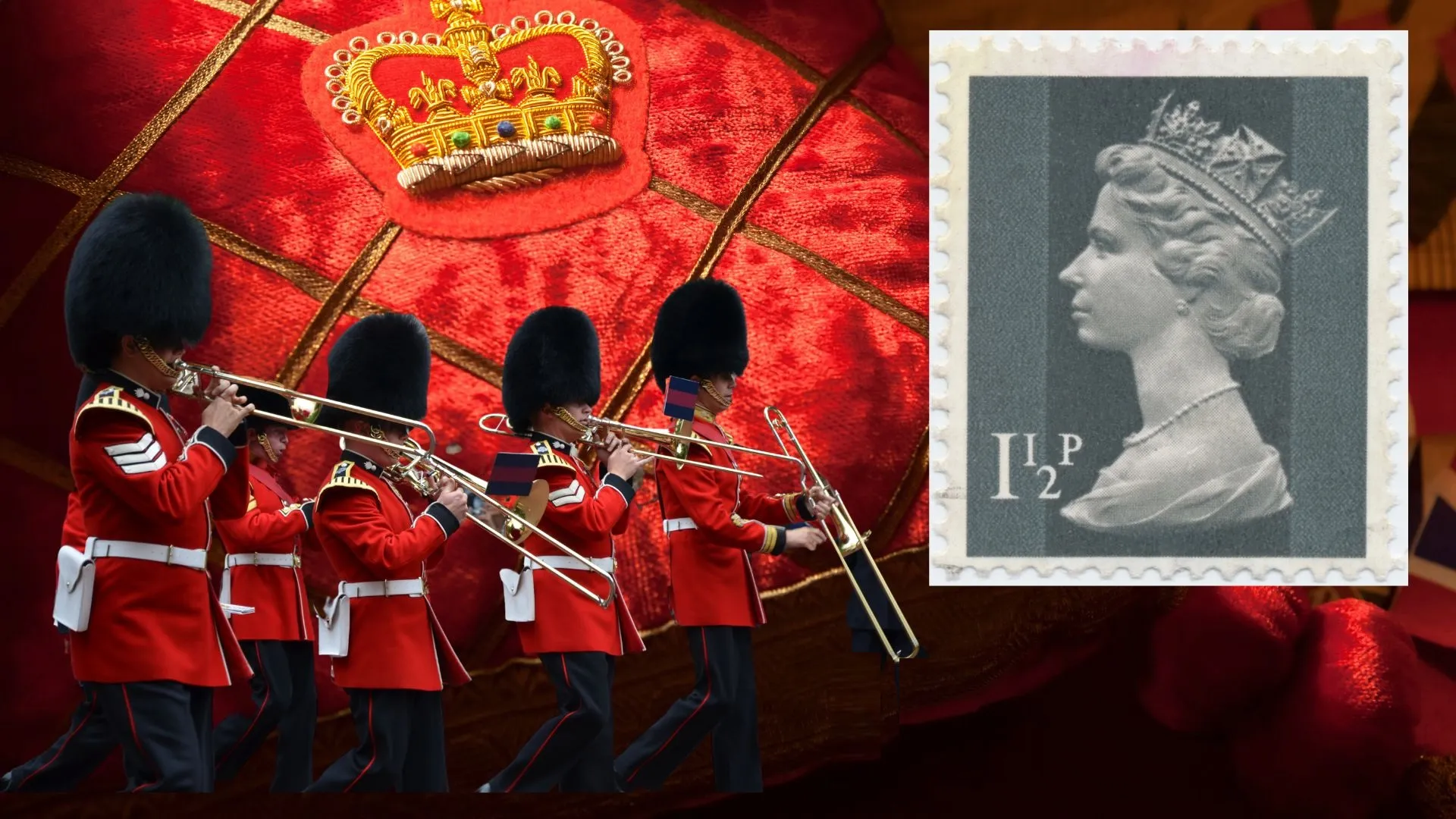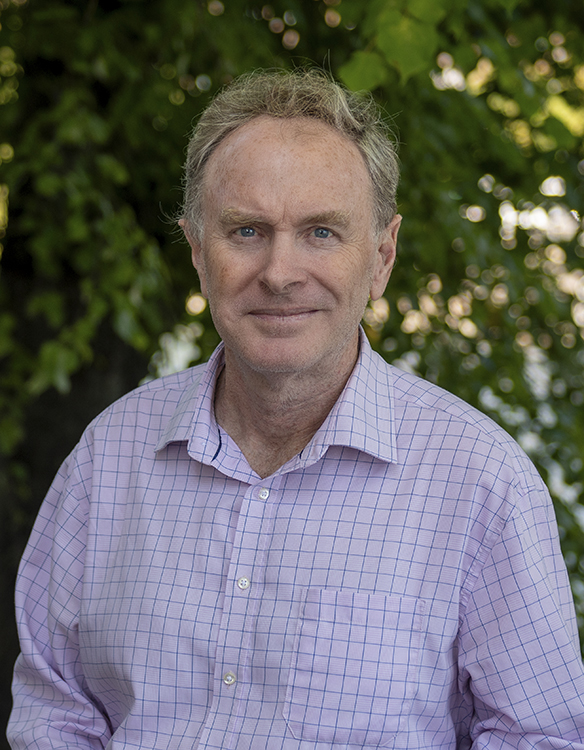Can the monarchy be a savior for embattled democracies?

Disclaimer: Opinions expressed in this commentary are those of the author and do not necessarily represent the institutional position of International IDEA, its Board of Advisers or its Council of Member States.
Papal biographer Austen Ivereigh posed the question this week whether Queen Elizabeth II and now King Charles III represent the opposite to the three 'Ps' of populism, polarization and post-truth—‘Could the monarchy’, he asked, ‘be the rescue of democracy?’
As London saw this week one of the biggest ever gathering of heads of state, and where the funeral of Queen Elizabeth II attracted hundreds of millions of viewers, it is a question worth considering. When many elected heads of states are behaving so badly, can constitutional monarchies act as safety valves, channeling energies of national identity and unity while also speaking of democratic values increasingly lost in mainstream political debate?
Democracies spent much of the 19th and 20th century trying to separate themselves from the influence of the monarchy, as well as the established churches. It was largely a battle won, allowing liberal democracy to flourish, to put checks on the hereditary elites and oversee some of the most far moving social reforms in history.
The British monarchy is forever associated with the empire, and its history of oppression. Her death brought calls for an historical reckoning about the atrocities committed across its colonies.
But, as 17-hours queues snaking across London to pay respect to the Queen’s show, there are almost spiritual impulses for a good part of the population that transcend purely rational politics. The monarch harnesses much primeval energy. Walking around Westminster Abbey on Sunday, I was struck by the ethnic and national diversities represented by the mourners.
British writer and former prime ministerial candidate Rory Stewart tried to answer Ivereigh’s question by quoting two people: First, the British post war socialist Prime Minister Clement Atlee, who stated: ‘The monarchy attracts to itself the kind of sentimental loyalty which otherwise might go to the leader of a faction. There is, therefore, far less danger under a constitutional monarchy of the people being carried away by a Hitler, a Mussolini or even a de Gaulle.’
And secondly British writer Martin Amis, who wrote that ‘monarchy allows us to take a holiday from reason; and on that holiday we do no harm’.
As International IDEA’s Global State of Democracy shows, many established democracies are backsliding, ill-served by the very elected leaders themselves who are using techniques garnered from autocracies to stay in power. At the same time, younger generations may be more willing to embrace authoritarian and charismatic leaders.
Enter the monarchy into this heady and dangerous mix. In the UK, Charles’s calls for social inclusion and for environmental care contrast with harsh politicians’ rhetoric against immigrants, and the short-termism that undermines the battle against climate change.
The jury is out about what King Charles will be like when wielding office. But the outpouring of grief after Elizabeth’s death managed to bring together Irish republicans, Scottish nationalists and English monarchists at a time when the government has been taken over by a rightist faction of the Conservative Party that has played on division, whether at home or in Europe.
The record of monarchies is mixed. There are several constitutional monarchies that are high performing democracies—Scandinavian and Benelux states being good examples. But in Spain, the king has weighed in politically against Catalan demands for independence. The likes of Thailand are hardly inspiring. And when the push comes to the shove, many monarchies have sided with the dictators of the 20th century.
Still, liberal democracy has few friends these days. Monarchy may be ridden with privilege and easy to criticize but harnessing its energy in defense of democratic values may be a valuable resource in a fast-emptying toolbox.




